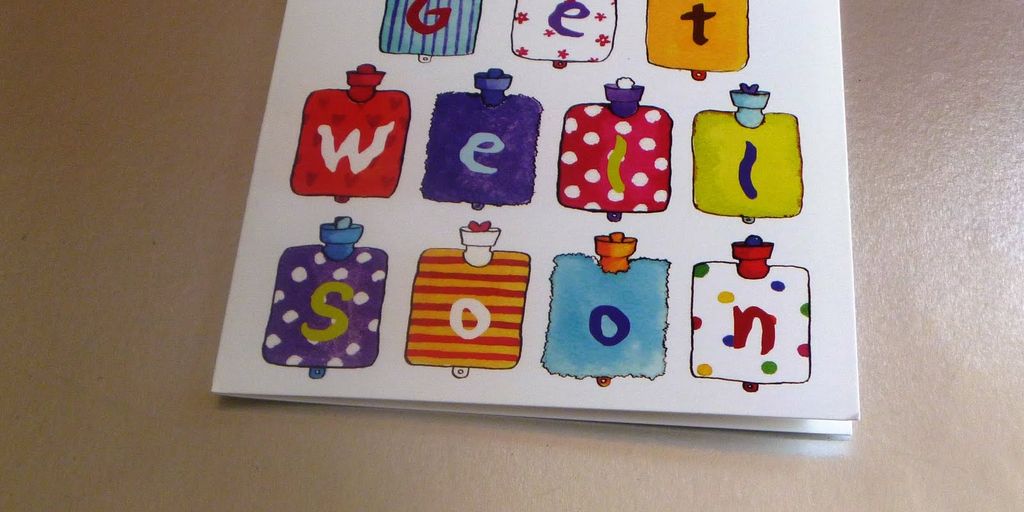
Keeping children engaged at home can be a challenging task for parents. However, with the right activities, you can make learning fun and interactive. This article explores a variety of activities that are both educational and enjoyable, ensuring your child remains entertained while developing essential skills.
Key Takeaways
- Engaging in creative arts and crafts can boost your child’s imagination and fine motor skills.
- Outdoor learning adventures like nature scavenger hunts and gardening can foster a love for nature and science.
- Interactive storytelling activities, such as puppet shows and creating comic books, can enhance your child’s language and creativity.
- Educational board games and puzzles are excellent for developing critical thinking, math, and language skills.
- Music and movement activities, including homemade instruments and dance games, can improve your child’s physical coordination and rhythm.
Creative Arts and Crafts
Engaging kids in art and crafts is probably the oldest trick in the book. As cliché as this might be among the many other activities for kids at home that you can find out there, it works, every time. Kids love getting their little hands messy, using their imagination and just overall expressing themselves creatively. If you run out of ideas, just do a quick search online: “art and craft activities for kids at home” or “fun projects for kids” and you’ll be amazed at the wide range of ideas you will find.
Outdoor Learning Adventures
Exploring the great outdoors offers children a unique opportunity to connect with nature and have fun. Outdoor learning is a great way to engage their curiosity and foster a love for the environment. Here are some exciting activities to try:
Nature Scavenger Hunts
Organize a nature scavenger hunt to encourage kids to explore their surroundings. Create a list of items for them to find, such as different types of leaves, rocks, or insects. This activity not only makes them more observant but also teaches them about biodiversity.
Gardening Together
Gardening is a wonderful way to teach children about plant life cycles and responsibility. Let them plant seeds, water the plants, and watch them grow. This hands-on activity can be both therapeutic and educational.
Bird Watching and Identification
Bird watching can be a calming and educational activity. Equip your child with a pair of binoculars and a bird guidebook. Encourage them to identify different species and note their characteristics. This can be a great way to introduce them to the basics of biology and ecology.
Outdoor learning is a great way to connect with nature and have fun. Forest school activities can incorporate art, craft, science, sensory play, and more.
Interactive Storytelling
Interactive storytelling is a fantastic way to engage your child’s imagination and creativity. Storytelling can teach important life lessons to children while also being a fun activity for the whole family. Here are some exciting ways to make storytelling interactive at home:
Puppet Shows
Put on a play. Encourage your kids to collaborate on a short play using a few puppets. They can adapt a familiar story or fairy tale, or create their own story together. After they put on the play, talk with them about the story and characters, and ask them questions about how they developed the play.
Storytime with a Twist
Have an adventure—without leaving your living room. Sit with your kids on a rug or couch and pretend you’re leaving for a big adventure on a magic carpet, submarine, or school bus. Ask them to share their ideas on where they want to visit, and take turns concocting a story about your adventure. Describe the sights you see and ask kids questions that invite their creative participation: “Look, there’s a circus! Can you see the elephants? What are they doing?”
Create Your Own Comic Book
Unleash your child’s inner artist by helping them create their own comic book. Provide them with paper, pencils, and coloring tools. They can draw characters, develop a storyline, and add dialogue. This activity not only sparks creativity but also enhances their writing and artistic skills.
Welcome to Story Spark, your go-to platform for kid-friendly storytelling designed with heart, innovation, and inclusivity.
Educational Board Games and Puzzles

Board games and puzzles are fantastic tools for making learning fun and interactive. They not only entertain but also help children develop critical thinking and problem-solving skills. Educational board games can cover a wide range of subjects, from math and language to science and social studies. Here are some engaging options to consider:
Math and Logic Games
Math and logic games are perfect for sharpening your child’s numerical and reasoning abilities. Games like Math Bingo, Math Duel, and Prodigy make learning math concepts enjoyable. For logic, consider games like Sudoku, chess, and STEM board games that challenge kids with brain teasers and puzzles.
Word and Spelling Puzzles
Language games such as Scrabble, Bananagrams, and Boggle are excellent for enhancing vocabulary and spelling skills. These games encourage children to think creatively and expand their word knowledge. Magnetic puzzles and memory games can also be great for younger kids to start recognizing letters and words.
Geography and History Board Games
Geography and history board games can make learning about the world and its past exciting. Games like Geography Quiz, Civilization VI, and iCivics offer interactive ways to explore different cultures, historical events, and geographical locations. These games are not only educational but also foster a sense of curiosity and adventure in children.
Board games and puzzles are more than just a pastime; they are a gateway to learning and development. By incorporating these activities into your child’s routine, you can make education a fun and engaging experience.
Music and Movement Activities
Homemade Instruments
Creating homemade instruments can be a fun and educational activity for children. Use everyday items like pots, pans, and rubber bands to make drums, guitars, and more. This not only sparks creativity but also helps kids understand the basics of sound and rhythm.
Dance and Rhythm Games
Organize a dance party at home with games like freeze dance or scarf dancing. These activities are excellent for developing coordination and flexibility. Dancing helps children develop strength and rhythm while having a blast.
Singing and Karaoke Sessions
Singing along to favorite songs or having a karaoke session can be a delightful way to improve language skills. It combines the joy of music with the benefits of learning new words and phrases. Encourage your child to sing and move to the beat, enhancing their listening skills and rhythm.
Music and movement activities combine music with physical movement, making them perfect for engaging children in a fun and educational way.
Cooking and Baking Lessons
Cooking and baking are timeless activities that kids absolutely love. Not only do they get to make a mess, but they also learn valuable skills along the way. This tradition has been passed down through generations, and it’s a wonderful way to bond with your child while teaching them independence and creativity.
STEM Challenges and Experiments
Simple Chemistry Experiments
Engage your child’s curiosity with simple chemistry experiments that are both fun and educational. For instance, you can create a lemon volcano to demonstrate an acid and base reaction. This activity not only entertains but also teaches basic chemical principles.
Exploring fun projects for kids can help to satisfy your child’s curious mind and develop a scientific appreciation.
Building Structures with Blocks
Encourage your child to engineer a pasta skyscraper using marshmallows and dried spaghetti. This activity challenges them to think about what makes some structures stronger than others. It’s a great way to introduce concepts of engineering and physics in a hands-on manner.
Coding for Kids
Introduce your child to the world of coding with easy-to-understand activities. There are many online resources that offer basic coding lessons tailored for kids. Learning to code not only enhances problem-solving skills but also prepares them for a tech-savvy future.
Mindfulness and Relaxation Techniques
Conclusion
Engaging your child in fun and educational activities at home is not only possible but also incredibly rewarding. By incorporating games, hands-on projects, and interactive learning experiences, you can foster a love for learning that extends beyond the classroom. Remember, the goal is to make learning enjoyable and to create lasting memories with your child. Whether it’s through a scavenger hunt, a science experiment, or a creative art project, these activities can help your child develop essential skills while having fun. So, take the time to explore these ideas and find what works best for your family. Happy learning!
Frequently Asked Questions
What are some easy DIY science projects for kids?
Some easy DIY science projects include making a volcano with baking soda and vinegar, creating a simple circuit with a battery and light bulb, and growing crystals using salt or sugar.
How can I make painting and drawing more engaging for my child?
You can make painting and drawing more engaging by introducing different mediums like watercolors, acrylics, and pastels. You can also encourage your child to draw or paint their favorite scenes from stories or nature.
What are some fun ways to use recycled materials for crafting?
You can use recycled materials like cardboard, plastic bottles, and old magazines to create fun crafts such as robots, bird feeders, and collages. This not only sparks creativity but also teaches the importance of recycling.
How can I make a nature scavenger hunt educational?
To make a nature scavenger hunt educational, create a list of items that include different types of leaves, rocks, and insects. You can also add questions about the ecosystem and habitats to enhance learning.
What are some beginner-friendly musical instruments for kids?
Beginner-friendly musical instruments for kids include the ukulele, keyboard, and simple percussion instruments like tambourines and maracas. Homemade instruments like shakers and drums can also be fun and easy to make.
How can cooking and baking be educational for children?
Cooking and baking can teach children important skills such as measuring, following instructions, and understanding nutritional information. It also provides an opportunity to explore different cultures through their cuisines.






